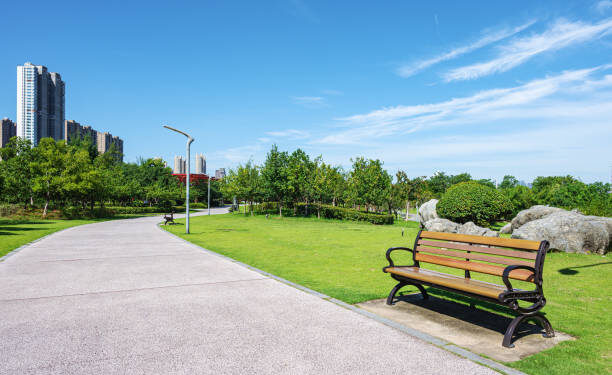A long-simmering controversy surrounding Denny Blaine Park has escalated into legal action, as neighbors file a lawsuit against the City of Seattle over alleged public indecency, sex acts, and drug use in the park—known locally for attracting nudists and members of the LGBTQ+ community.
The lawsuit, recently filed against the Seattle Department of Parks and Recreation, claims the city has failed to address a persistent public nuisance in the form of open nudity and lewd behavior.
Residents say that despite ongoing complaints, the park has become unsafe due to repeated incidents of public masturbation, illicit drug use, and sexual activity. Plaintiffs argue the city has breached its fiduciary duty by not enforcing public decency laws and neglecting community safety.
In response, Seattle officials are now considering unconventional solutions—including the installation of what some are calling “public masturbation deterrent infrastructure.” While details remain vague, the proposal has drawn both criticism and curiosity over its practicality and effectiveness.
Notably, the city had previously discussed building a playground in the park as a deterrent to nudity. However, that plan was met with backlash, with critics accusing the city of discriminating against LGBTQ+ individuals who frequent the park.
While Washington state law prohibits indecent exposure, enforcement remains challenging. Prosecuting such cases requires clear evidence and witnesses who are willing to testify—conditions that are not always met.
The debate has reignited discussions about free expression, public space use, and community standards, with advocates defending body freedom and opponents emphasizing the need for public safety and family-friendly environments.
As Seattle weighs its next steps, the city finds itself navigating a cultural and legal minefield. Officials must now balance concerns about civil liberties, LGBTQ+ inclusivity, and local residents’ right to safety and peace in public parks.
With the lawsuit now in motion and public attention intensifying, the future of Denny Blaine Park—and how Seattle handles controversial public behavior—remains uncertain







